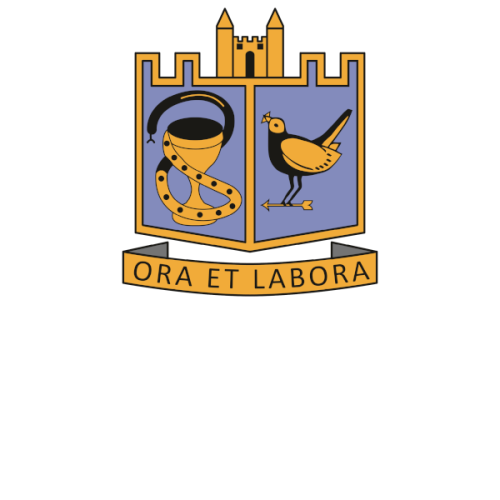Food prep & Nutrition
Subject coordinator: Mrs Waters – H.Waters@stbenedicts.essex.sch.uk
At St Benedict’s College Food Technology is seen as a life skill that all pupils should be able to access on a rotational basis meaning that all students will access for 10 weeks per year. As part of their learning students will be taught the principles of nutrition and healthy eating through cooking. This is clearly a crucial life skill as students will be able to feed themselves in a healthy and affordable way in later life. Pupils will be encouraged to taste and try different flavours to instil a love for food and cooking as a creative expression and way to relax and enjoy life.
Pupils will be taught to understand and apply the principles of nutrition and healthy eating in accordance with government guidelines. Pupil will learn the importance of personal and kitchen hygiene, how to store and prepare food safely and how to use knives and cookers to prevent illness and injury in the kitchen.
Pupils will learn to cook a repertoire of predominantly savoury dishes so that they are able to feed themselves and others a healthy and varied diet in an affordable way. Pupils will become competent in a range of cooking techniques, for example, selecting and preparing ingredients; weighing and measuring, using utensils and electrical equipment; applying heat in different ways; using awareness of taste, texture and smell to decide how to season dishes and combine ingredients; adapting and using their own recipes both now and later in life. Pupil will also consider the source, seasonality and characteristics of a broad range of ingredients.
Home learning at KS3
During year 7 and 8 students will be set 4 home learning tasks on average which consists of shopping for ingredients, weighing and measuring ingredients to use in the practical lessons ready to use in the practical lessons.
During year 9 students are expected to do on average 1 hour of home learning per fortnight. This will consist of practical tasks like shopping for ingredients, weighing and measuring ingredients to use in the practical lessons ready to use in the practical lessons but there will also be some theory linked to food and nutrition set too.
What can parents/carers do to support at home?
Parents and carers can support this by ensuring correct ingredients are purchased and oversee the weighing and measuring the correct amount of ingredients.
The students at St Benedict's follow the Eduqas GCSE in Food Preparation and Nutrition which equips learners with the knowledge, understanding and skills required to cook and apply the principles of food science, nutrition and healthy eating. It encourages learners to cook, enables them to make informed decisions about food and nutrition and allows them to acquire knowledge to be able to feed themselves and others affordably and nutritiously, now and later in life.
By studying food preparation and nutrition, learners will: be able to...
- demonstrate effective and safe cooking skills by planning, preparing and cooking a variety of food commodities whilst using different cooking techniques and equipment.
- develop knowledge and understanding of the functional properties and chemical characteristics of food as well as a sound knowledge of the nutritional content of food and drinks.
- gain an understanding of the relationship between diet, nutrition and health, including the physiological and psychological effects of poor diet and health along with an understanding of the economic, environmental, ethical and socio-cultural influences on food availability, production processes, diet and health choices.
- demonstrate knowledge and understanding of functional and nutritional properties, sensory qualities and microbiological food safety considerations when preparing, processing, storing, cooking and serving food.
- understand and explore a range of ingredients and processes from different culinary traditions such as traditional British and international cuisine to inspire new ideas or modify existing recipes.
The course is examined through a written examination worth 50% and 2 non-examination assessment 50%. Both assessments are completed in year 11. Pupils will be able to select from a choice of two tasks for each assessment whereof 1 consists of cooking a menu for 3 hours.
Home learning at KS4
During year 10 students are expected to do on average 1 hour of home learning per fortnight. This will consist of practical tasks like shopping for ingredients, weighing and measuring ingredients to use in the practical lessons ready to use in the practical lessons but there will also be some theory linked to food and nutrition too.
What can parents/carers do to support at home?
Encourage students to visit food outlets and supermarkets, to raise awareness of products, costs and packaging. Encourage students to cook healthy dishes on a regular basis and practice assessed work. Ask students when they are cooking and then provide them with the ingredients. Discuss the outcome of practical work completed at school, including any written feedback required.

